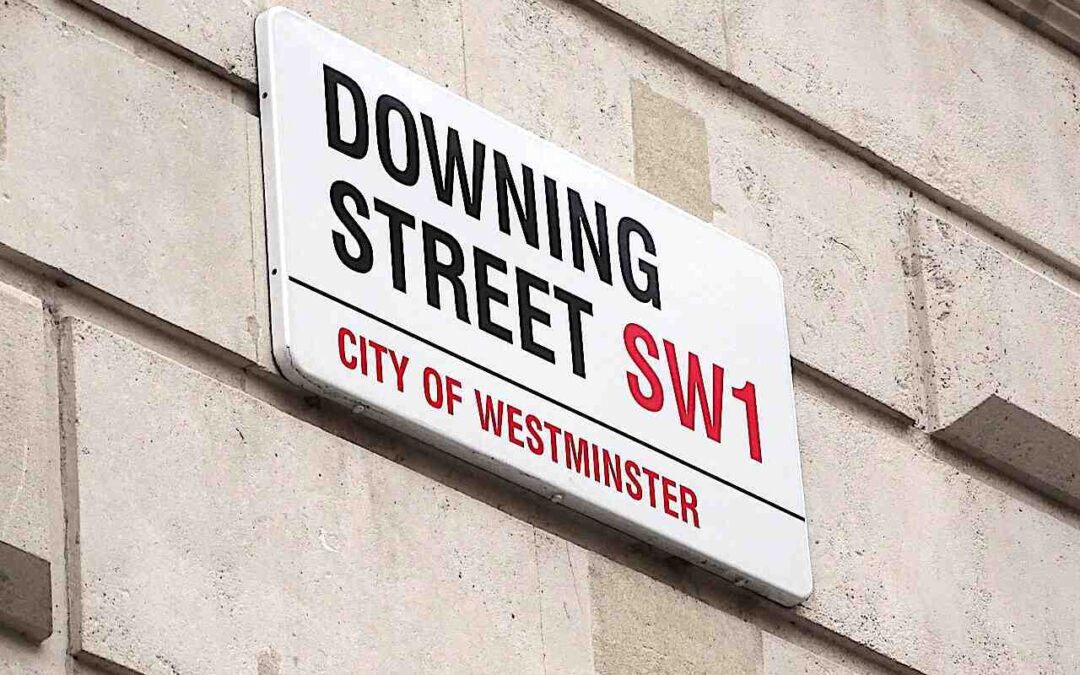As restrictions have eased and 80% of people in the UK (excluding the under-12s) are now fully vaccinated, many businesses and organisations are taking steps to get back to a more normal way of working after the disruption caused by COVID-19. Unfortunately the after effects of COVID-19 are likely to be felt for many years and this will impact employers and how they approach wellbeing going forward. Why is that the case though?
All employers have a legal duty of care to their staff and under health and safety legislation in the UK they must ensure they look after their staff’s mental and physical health and safety. However staff are increasingly expecting their employers to do more and have robust wellbeing programs in their place of work. A recent report “Shaping a brighter future of work: Global and Local Market Insights,” by Zurich and the Smith School of Enterprise and the Environment, shows that workers believe that employers should take an active role in their overall wellbeing.
The COVID-19 pandemic appears to have reshaped and impacted employers’ views on wellbeing too. According to the Aon’s Benefits & Trends Survey 2021, 98% of employers now acknowledge that they have a responsibility in influencing employee health and behaviors, and 96% plan to either maintain or increase their wellbeing spend in light of COVID-19. Is it time to reconsider your approach to wellbeing?
When recruiting new staff, showing you take wellbeing seriously sends out a powerful message to potential candidates. It will help you stand out from the crowd in a very competitive labor market. For existing staff it equally has a positive impact, as employees recognise you care and value them. However, you may not have a choice as the physical and mental impact of COVID-19 on staff may mean you are forced to change your approach.

Long COVID and Chronic Illness
Research from the Imperial College of London suggests that 2 million people have experienced (or are experiencing) Long COVID, which is defined as having symptoms that last 3 months or more. Of the 5.8% of the whole study population with long COVID, 2% report that their symptoms are severe, and there are indications that some cases have lasted over 12 months.
The symptoms of long COVID include:
- Fatigue
- Brain fog
- Anxiety and depression
- Shortness of breath
- Chest pain
- Persistent cough
The Physical Side
Assessing the impact of having Covid on the employer’s health and taking steps to help them deal with the affects, will enable you to retain valuable staff and avoid long-term absences which can often result in additional conditions such as depression becoming a long-term problem too.
We know sickness and absence can adversely impact a business by affecting productivity and disrupting business operations. With the help of Loch Associates’ HR Medical Specialists get their employees back to work as soon as possible or find ways to retain them at work, ensuring the workplace has a positive role in that person’s recovery rather than a negative one.
Our HR Medical Specialists use their expertise and experience to identify what the issues are with an employee’s health and make recommendations to help you retain the employee as a continuing part of the workforce.
Our Proactive Absence Management logo (PAM) approach to absence management can incorporate HR MediCheck-ins by our HR Medical Specialists so they can have difficult or sensitive conversations with employees to identify what the ill-health issues are and establish what is the cause. They can carry our Wellness Checks to proactively identify physical conditions that could present challenges going forward e.g., diabetes and if needed our Occupational Health specialists can step in too.
Mental Health Impacts of COVID-19
The negative impact of COVID-19 on the mental health of the UK population has been profound. According to the Centre of Mental Health, up to ten million people could need support for mental health as a result of the pandemic in England alone – with one third needing mental health support for the first time.
Many factors associated with COVID-19 have placed pressure on people’s mental health including social isolation, grieving loss from COVID-19, difficulty accessing healthcare services, financial insecurity and occupational burnout. In some frontline professions, there has also been an increased likelihood of encountering traumatic circumstances, which can put those affected at risk of having PTSD.
With up to 20% of the adult population living with mental ill health, there are few workplaces which will be unaffected by this, so implementing a comprehensive mental health strategy is vital.
We can provide support to help employers develop a cohesive and bespoke strategy to care for mental health at work, which could start with First Aid for Mental Health training for your staff to ensure they can spot the first signs of mental ill health and offer initial support. Our Mental Health Signposting Service supports mental health first aiders who sometimes find themselves in very challenging situations – providing them with somewhere confidential to obtain advice and support.
Stress management training can also help managers to minimise the risk of stress-related absences, by understanding workplace stress and the steps they can take to mitigate it in order to protect mental wellbeing. Other services, such as Suicide Awareness training can be invaluable too.
As we move towards a post-COVID workplace, awareness of the continuing challenges affecting people’s personal and working lives will need to be a key priority for employers. Workplace wellbeing will be crucial in retaining staff, reducing costs from exits and absences, while creating an appealing place to work.







